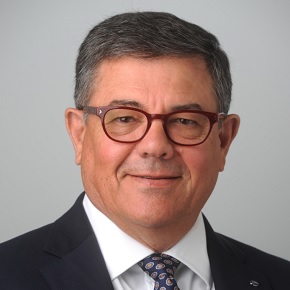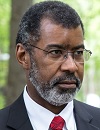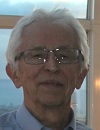 |
||
|
TVEL Fuel Company of ROSATOM will supply a qualification batch of superconductors for the Future Circular Collider Communications Department of TVEL JSC, PUBLISHED 26.09.2018 TVEL JSC and the European Organization for Nuclear Research (CERN) have signed an Agreement on R&D in the framework of the Future Circular Collider (FCC) Study. The document is an addendum to the existing framework agreement on industrial partnership between the parties, which is aimed at cooperation in the field of superconducting materials (SCM). According to common practice at CERN, each industrial partner needs to be qualified to prove its series production capability. For this purpose Chepetsky Mechanical Plant (an enterprise of TVEL Fuel Company of ROSATOM in Glazov, Udmurtia), has agreed to manufacture a qualification batch of superconducting niobium-tin wire with target performance and characteristics as specified for the FCC project. The accelerator magnet system is one of the key elements of the Future Circular Collider, which could be built in Switzerland to replace the Large Hadron Collider. This would enable the scientists to continue their fundamental research on elementary particle physics. The huge size of the FCC (the circumference of a circle – up to 100 kilometers) will require a significant amount of superconducting strands, which can only be produced by the joint efforts of the countries which have such technology (TVEL specialists estimate that FCC needs in superconductors will exceed the existing global Nb3Sn production capacity). Development of wire for the FCC project meeting the requirements of CERN is under way in the USA, Europe, South Korea, Japan and China. In Russia, the developer of the construction of niobium-tin superconductors is the Bochvar Institute of Inorganic Materials (part of TVEL Fuel Company of ROSATOM), and the production site is the Chepetsky Mechanical Plant. The production of low-temperature SCM was established in Glazov due to Russia’s participation in the construction of the International Thermonuclear Experimental Reactor (ITER) in France. In 2009-2014, the plant produced over 200 tons of low-temperature superconductors for ITER. “TVEL Fuel Company of ROSATOM has sufficient scientific and manufacturing potential, as well as accumulated experience to create a wire meeting the technical requirements of CERN. In addition to the niobium-tin wires, we are also committed to supply the niobium-titanium wires and extra-pure resonant niobium, which will be needed to manufacture some devices of Future Circular Collider,” said Konstantin Vergazov, Senior Vice President for R&D, technology and quality of TVEL JSC. Other news: The MoU was signed at the 9th Session of the High-Level Russia-Singapore Inter-Governmental Commission in Singapore. Nuclear fuel loading has commenced at the 4th power unit of Tianwan NPP On August 25, 2018 the first fuel assembly was loaded into the core of Tianwan NPP Unit 4 in China. 455 nuclear units are operating in the world Another 55 units have the status of the being built one. |
Hero of the day 
Peter Prozesky: WANO unites every company and country in the world with a commercial NPP WANO's mission is to maximise the safety and reliability of nuclear power plants worldwide. We do this by working together to assess, benchmark and improve performance through mutual support, exchange of information, and emulation of best practices. INTERVIEW
William D. Magwood, IV OPINION
Siegfried Hecker |

